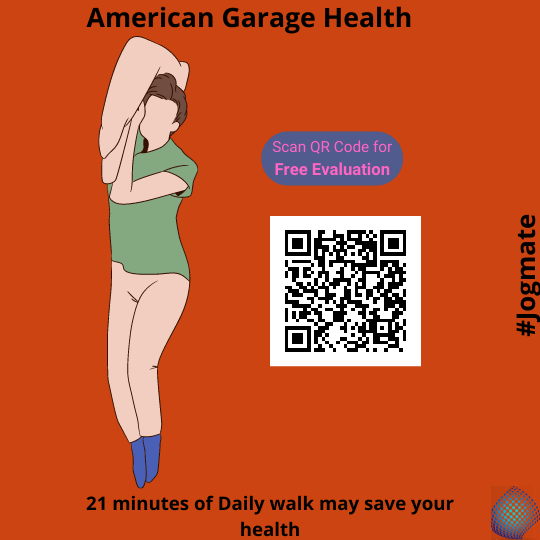According to a study, replacing thirty minutes of sitting with the same amount of sleep each day led to a significant decrease in waist circumference and total body mass.

According to a new study, living a sedentary lifestyle may raise the risk of dying young, mostly as a result of chronic illnesses like obesity, type 2 diabetes, and cardiovascular disease.
Living a more active lifestyle is the key to solving this health issue.
Based on extant research, a thorough review reveals that the greatest advantages for managing weight come from partaking in moderate-to-intense physical activities like cycling, swimming, stair climbing, brisk walking, and running.
In Depth
Particularly beneficial are moderate-intensity workouts (one can talk but not sing) and vigorous-intensity exercises (speaking necessitates many stops for air).
Remarkably, the study that was published in the European Heart Journal indicates that less demanding activities, including resting, may potentially improve health results. When 30 minutes of sitting were replaced with the same amount of sleep each day, there was a significant decrease in both waist circumference and total body mass.
Similar results were obtained even with exercises such mild walking or standing.
The director of cardiovascular prevention and wellness at National Jewish Health in Denver, Dr. Andrew Freeman, stressed the value of getting enough sleep and how it may improve cardiovascular health. He did, however, issue a warning against seeing the findings as supporting longer sleep duration in lieu of other health-promoting habits.
The benefits of moderate-to-vigorous exercise were also emphasised in the study, which shown that these activities yielded even higher benefits in terms of weight reduction and a smaller waist circumference than did just substituting less strenuous activities for sitting. The importance of activity intensity in affecting health outcomes is shown by these studies.
Take Away
The study’s authors underlined the need of taking a person’s whole 24-hour day into account when assessing their health-related habits. Because of this all-encompassing approach, it is possible to create recommendations that are specifically suited to each person’s interests and situation, encouraging them to lead more active lives. While it was seen that some health markers improved when sleeping instead of sitting, the effects were not consistent across all domains of health.
However, there were also notable benefits from intense physical activity, highlighting the significance of movement intensity in supporting heart health.
According to the research, even minor adjustments to daily movement patterns can have a significant effect on overall wellbeing, and the degree of activity is a key factor in attaining favourable health results.
